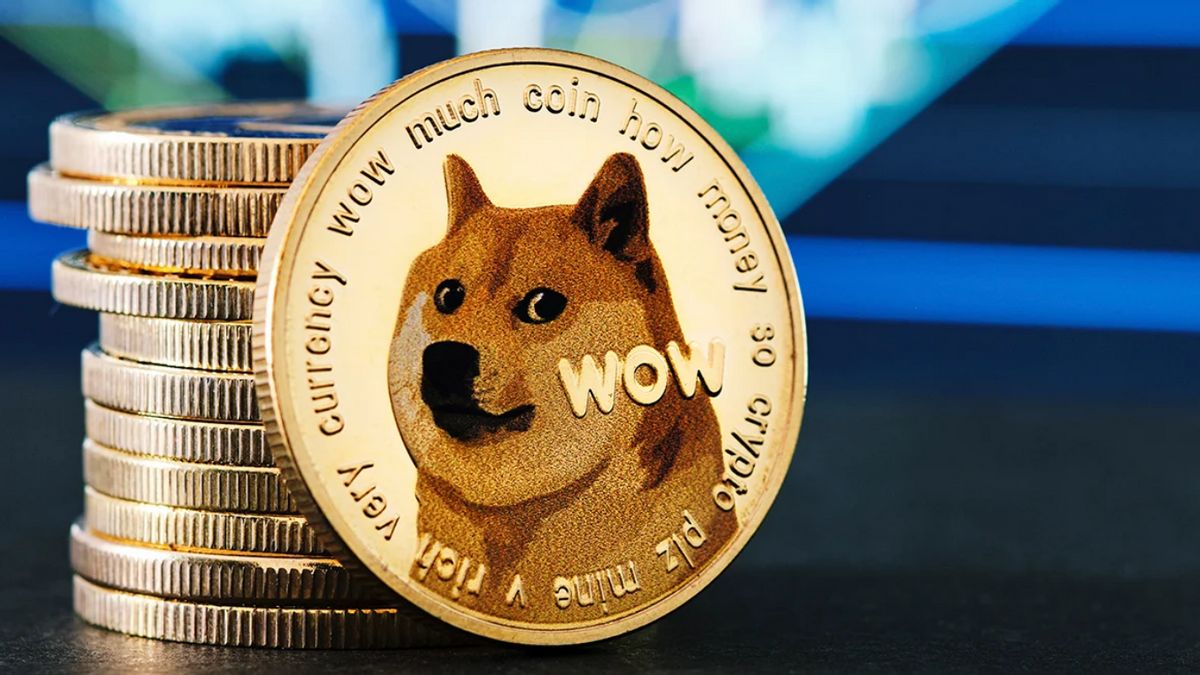ARTICLE AD BOX

- CrossFi launched its EVM-compatible blockchain to develop a payment infrastructure for web3 transactions.
- This is after the successful testnet recorded over one million active wallets and strong validator partnerships.
CrossFi, a Layer 1 payments network, has officially launched its EVM-compatible mainnet. This is a major achievement for the decentralized finance ecosystem, where companies can make and receive payments and integrate with decentralized financial services with confidence.
The introduction of the CrossFi mainnet has made it possible for companies to adopt CrossFi’s decentralized payment systems in their activities. The Layer 1 network is designed for high throughput millions of transactions per second and is suitable for crypto payments. Since most Web3 users seek convenient payment methods and e-commerce platforms businesses shall capitalize on this by providing such solutions which also generate revenue through non-custodial services.
CrossFi mainnet launch follows the testnet conducted in partnership with CoinList, where more than one million active wallets have been created. Some of the key validators, such as Alchemy, help the network to increase its decentralization and efficiency. CrossFi’s infrastructure is also PCI DSS compliant, which is a given for global payment systems as it is a set of requirements that must be met to ensure the security of the data in transit and at rest.
CrossFi Chain Focuses on Stablecoins and Synthetic Assets
Crossfi’s architecture is based on the Cosmos SDK and Tendermint, and the platform is EVM compatible, which means that it is possible to bring Ethereum-based assets into Crossfi. This integration enhances the web3 ecosystem and accommodates high-usage dApps in payment solutions. The network’s transaction capacity of up to 10,000 per second is perfect for businesses that need high throughput, including those that handle international transactions.
The CrossFi ecosystem comprises six components, and the CrossFi Chain is the central layer. This Layer 1 blockchain primarily focuses on over-collateralized stablecoins, synthetic asset issuance, and compatible financial assets. The modularity is not limited to payment processing, but it also includes staking, lending, crypto-fiat exchange, and virtual debit card through the crossfi app. Moreover, these services offer users all the necessary tools to control their cryptocurrency and traditional assets.
Another key element is CrossFi xAPP – a DeFi hub where users can swap tokens, bridge assets, mine CF tokens, and provide liquidity. Other elements include XAssets, a decentralized platform to mint and trade real-world assets, and XStake, an improvement over capital efficiency for staked assets.
Also, the CrossFi network uses the Mint Power (MPX) token for governance and payments. MPX is used to mine XFI coins and pay transaction fees, which are anticipated to be $0.02 per transaction. It is important to note that the governance model is decentralized and provides an opportunity for the stakeholders to be involved in the future of the network.
.png)
 1 month ago
3
1 month ago
3








 English (US)
English (US)